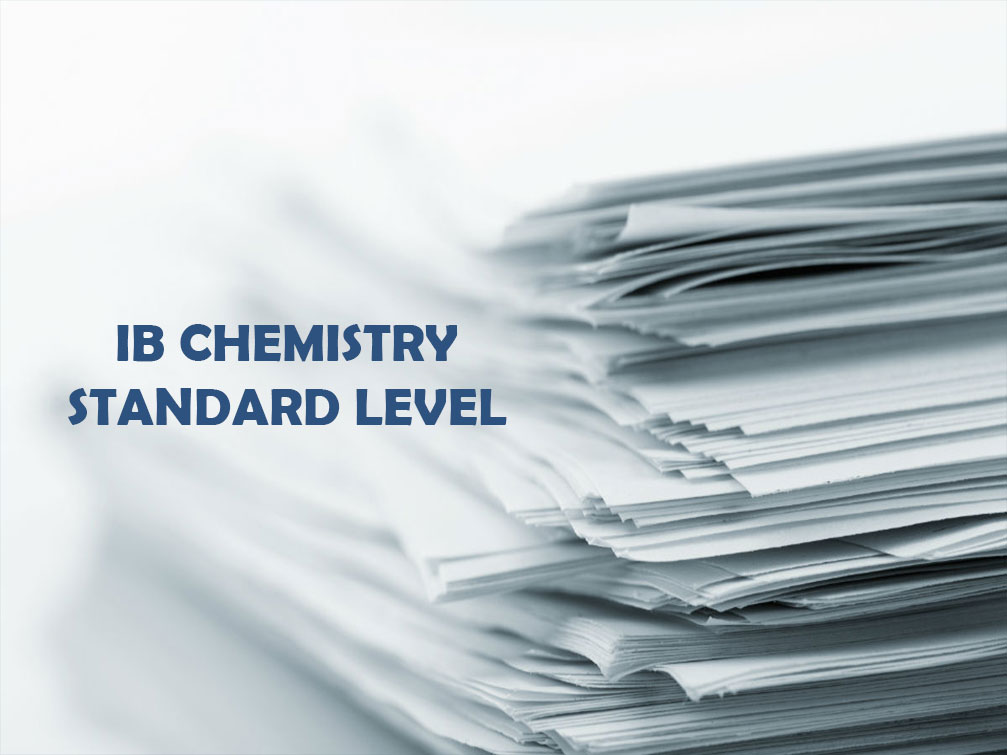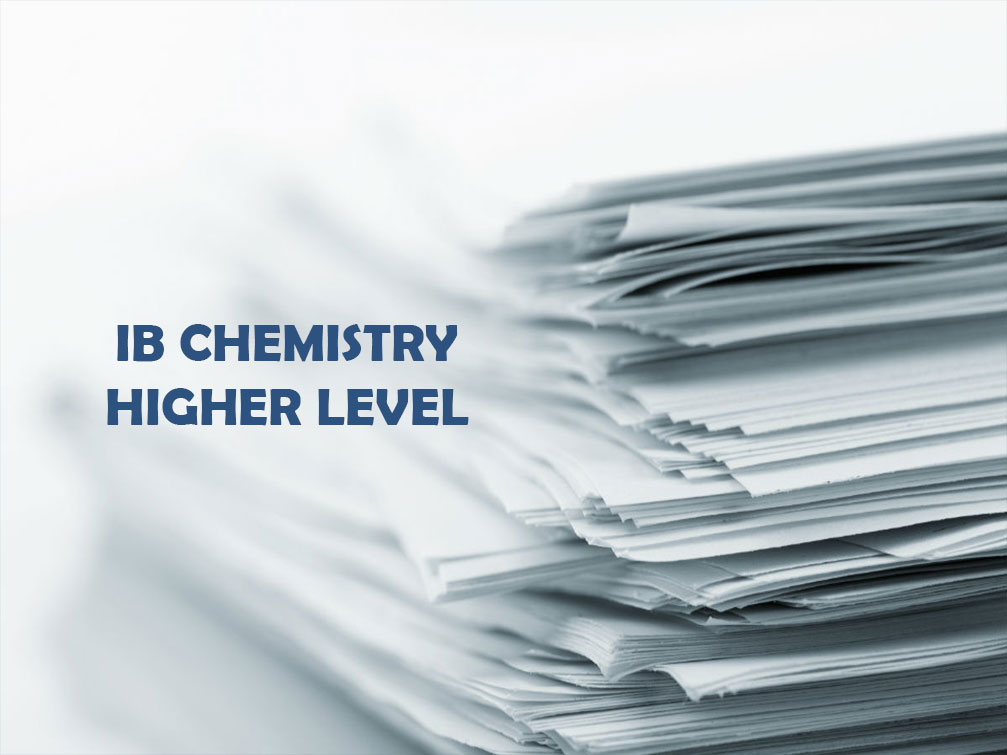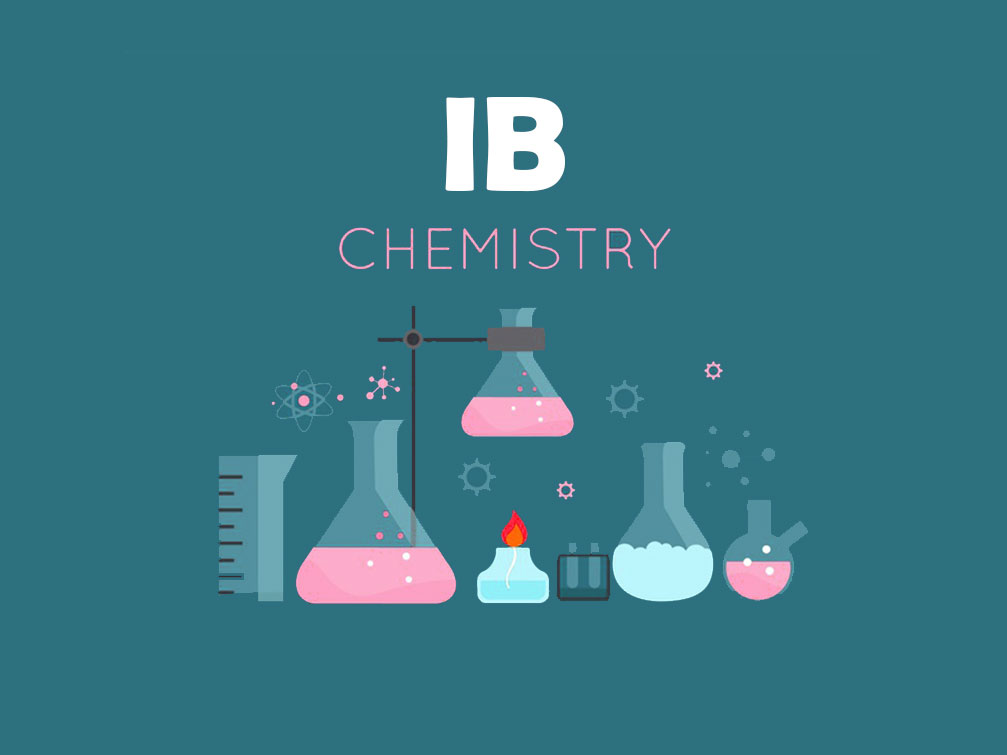ITT – As a central science, IB Chemistry program is always focused and improved in the direction of modernity, increasingly showing its superiority when it attracts the attention of of students around the world.
Related posts:
IB overview

IB is an International Baccalaureate program launched in Switzerland, managed and licensed by IBO, of which IBDP is approved by almost universities in the world. The full IB program is designed with 3 levels of instruction:
- PYP: For students 3-12 years old.
- MYP: For students 12-16 years old
- IBDP: For students 16-19 years old.
IBDP or IB has all 6 subject groups, students must choose 1 subject in each group, only group 6 (Arts) can skip and choose 1 subject out of the 5 above groups instead.
- Group 1: First language (usually the native language).
- Group 2: Second language.
- Group 3: Individual and society.
- Group 4: Natural sciences.
- Group 5: Mathematics.
- Group 6: Arts.
IB is divided into 2 levels: Higher Level (HL) and Standard Level (SL). Each student must select at least 3 subjects in HL and no more than 4 subjects in HL.
For more: Where to learn IB Biology?
IB is scored on a 7-point scale, meaning 42 points for 6 subjects and 3 extra points for extracurricular activities (CAS, EE and TOK). The maximum total score is 45 points, but students only need a minimum of 24 points to achieve.
For more: It is not difficult to study Chemistry international programs

IB Chemistry program has 21 topics and is classified based on SL or HL.
For SL, students will learn:
- Stoichiometric relationships
- Atomic structure
- Periodicity
- Chemical bonding and structure
- Energetics – Thermochemistry
- Chemical kinetics
- Equilibrium
- Acids and bases
- Redox processes
- Organic chemistry
- Measurement and data processing
For HL, students will learn:
- Atomic structure
- The periodic table – The transition metals
- Chemical bonding and structure
- Energetics – Thermochemistry
- Chemical kinetics
- Equilibrium
- Acids and bases
- Redox processes
- Organic chemistry
- Measurement and analysis
With the IB Chemistry program, students have the opportunity to develop investigative skills, collect data, analyze results, and collaborate in the classroom. Surveys may be laboratory-based or may use simulations and databases. Through experiments, students’ brains will be widen creativity constantly.
It can be said that, in addition to the in-depth knowledge that the IB Chemistry program brings, this subject also helps students apply the scientific methods used in research into life, thereby making life more varied and colorful.
For more: Why should students attend Chemistry tutoring center?
Now, Intertu Education is enrolling potential students for IB courses (IB Math, IB Physics, IB Chemistry, IB Biology, IB Economics, IB Business Management, IB English). For inquiries, please contact us directly or via email or hotline.

 Tiếng Việt
Tiếng Việt


